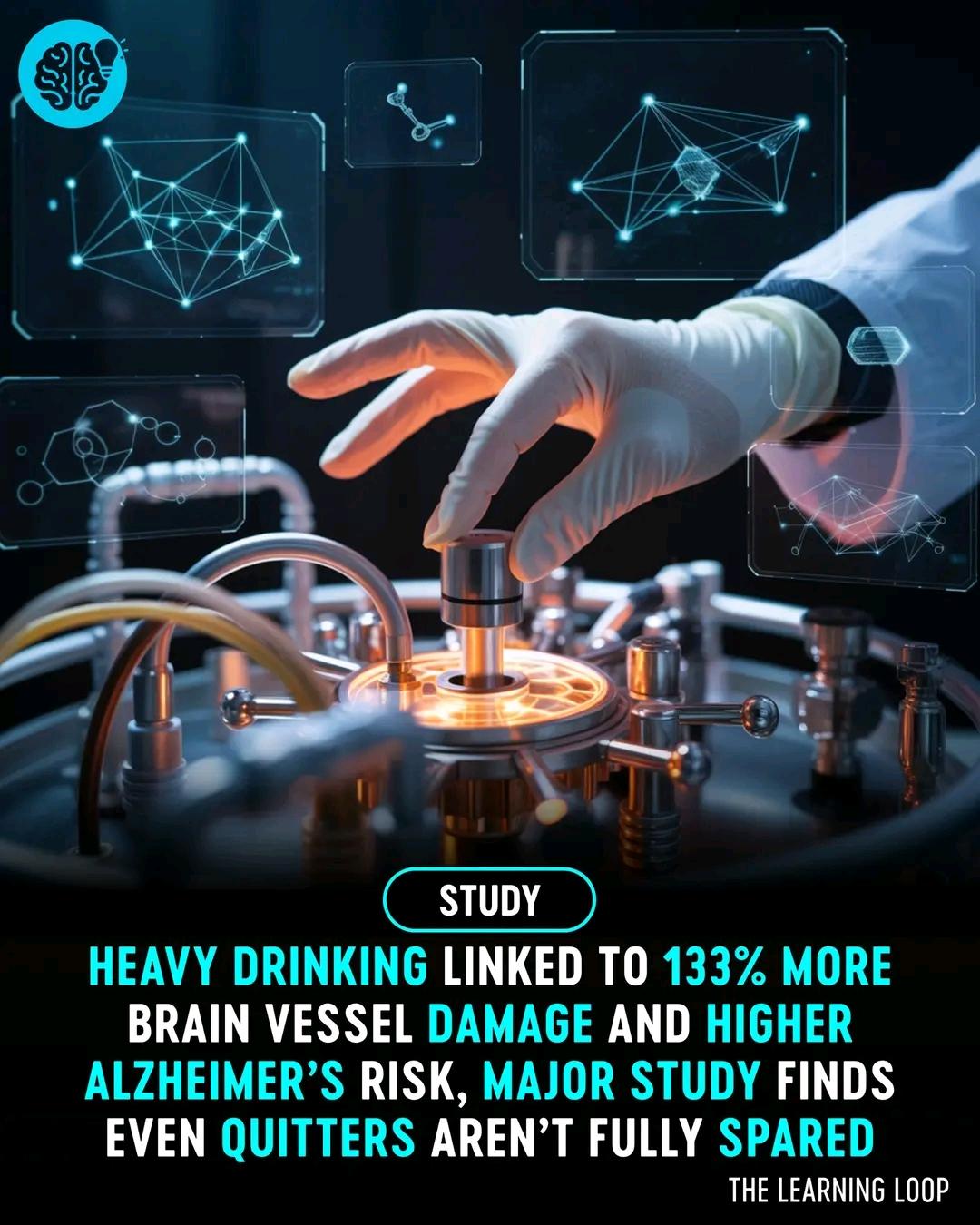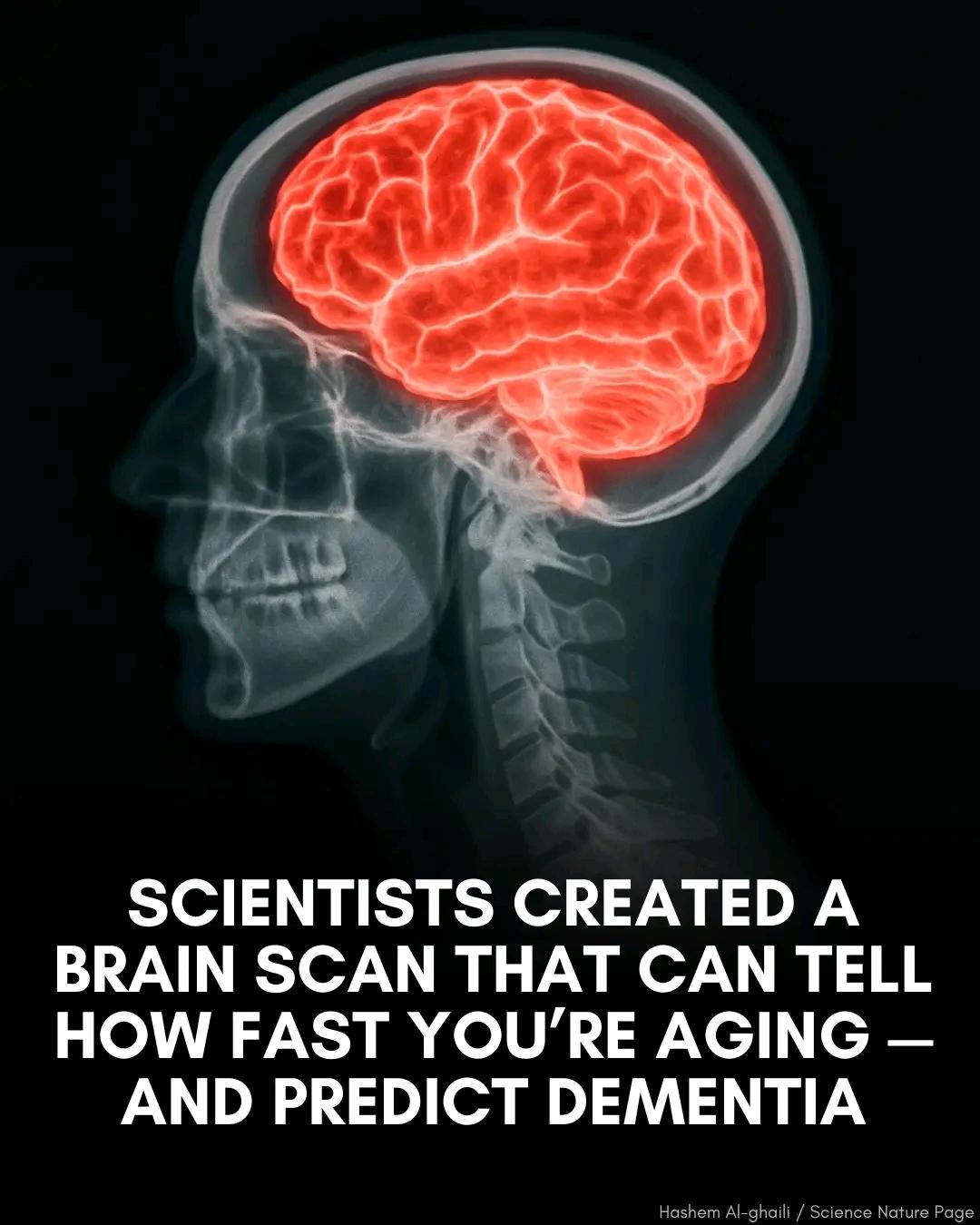A major new study out of Brazil has revealed alarming evidence that heavy drinking can leave a lifelong mark on the brain. Researchers at the University of São Paulo analyzed the brains of 1,781 people, comparing autopsy findings with detailed lifetime drinking histories. The results were stark: heavy drinkers were 133% more likely to have vascular brain lesions, damage to small blood vessels, compared to lifelong abstainers. Even those who had quit heavy drinking years before were 89% more likely to show this kind of brain injury.
The dangers don’t end there. The study found that heavy drinkers had a 41% higher chance of developing tau protein tangles, a classic hallmark of Alzheimer’s disease, while former heavy drinkers had a 31% higher risk. Perhaps most sobering, people with a history of heavy alcohol use died on average 13 years earlier than those who never drank. The researchers also noted lower brain mass-to-height ratios and more reported memory and cognitive problems in these groups, even if some effects weren’t as clear in living moderate or heavy drinkers.
While the study relied partly on family reporting for drinking habits and couldn’t conclusively prove that alcohol alone caused all the brain damage, it adds substantial weight to the list of reasons for caution. The risks of drinking, especially heavy or sustained use, may last long after the last drink is poured.
📚 Source: University of São Paulo, Brazil (2025) | Study PMID: 40203226
The dangers don’t end there. The study found that heavy drinkers had a 41% higher chance of developing tau protein tangles, a classic hallmark of Alzheimer’s disease, while former heavy drinkers had a 31% higher risk. Perhaps most sobering, people with a history of heavy alcohol use died on average 13 years earlier than those who never drank. The researchers also noted lower brain mass-to-height ratios and more reported memory and cognitive problems in these groups, even if some effects weren’t as clear in living moderate or heavy drinkers.
While the study relied partly on family reporting for drinking habits and couldn’t conclusively prove that alcohol alone caused all the brain damage, it adds substantial weight to the list of reasons for caution. The risks of drinking, especially heavy or sustained use, may last long after the last drink is poured.
📚 Source: University of São Paulo, Brazil (2025) | Study PMID: 40203226
A major new study out of Brazil has revealed alarming evidence that heavy drinking can leave a lifelong mark on the brain. Researchers at the University of São Paulo analyzed the brains of 1,781 people, comparing autopsy findings with detailed lifetime drinking histories. The results were stark: heavy drinkers were 133% more likely to have vascular brain lesions, damage to small blood vessels, compared to lifelong abstainers. Even those who had quit heavy drinking years before were 89% more likely to show this kind of brain injury.
The dangers don’t end there. The study found that heavy drinkers had a 41% higher chance of developing tau protein tangles, a classic hallmark of Alzheimer’s disease, while former heavy drinkers had a 31% higher risk. Perhaps most sobering, people with a history of heavy alcohol use died on average 13 years earlier than those who never drank. The researchers also noted lower brain mass-to-height ratios and more reported memory and cognitive problems in these groups, even if some effects weren’t as clear in living moderate or heavy drinkers.
While the study relied partly on family reporting for drinking habits and couldn’t conclusively prove that alcohol alone caused all the brain damage, it adds substantial weight to the list of reasons for caution. The risks of drinking, especially heavy or sustained use, may last long after the last drink is poured.
📚 Source: University of São Paulo, Brazil (2025) | Study PMID: 40203226
0 Commentarios
0 Acciones
413 Views





